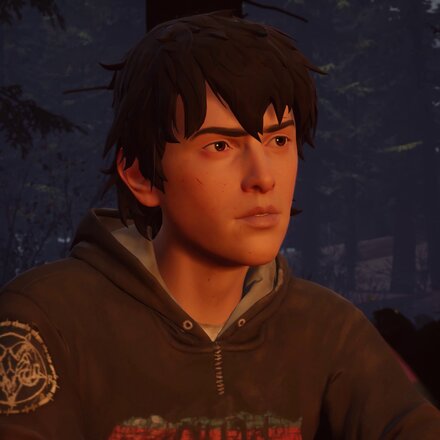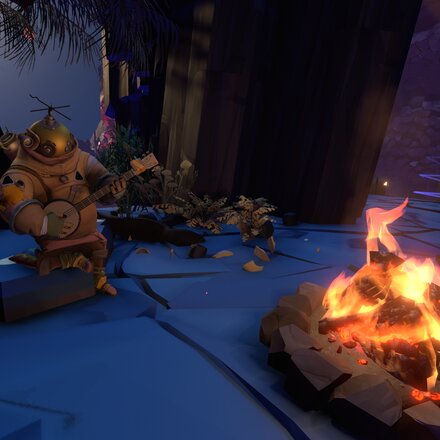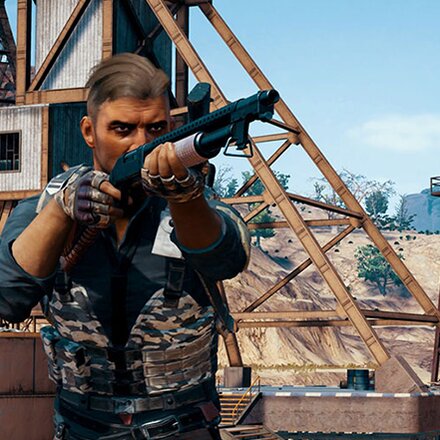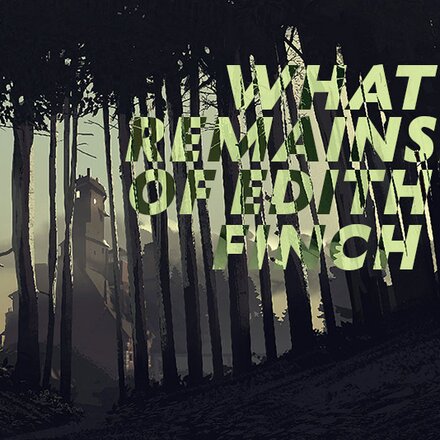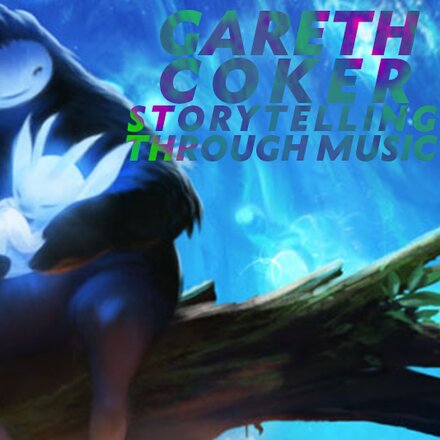
Naresh Hirani: Q&A
One of the developers on neo-noir crime game L.A. Noire talks about his route into the games industry and offers advice to others.
Published 13 March 2012
What first inspired you to get into your craft?
The thing that first sparked my interest in gaming was playing a game called Jet Set Willy on the Spectrum released in the early 80s (it’s an ancient game and probably lost in the annals of gaming history). It was a fairly simple platform game, but what I loved about it was its quirky humour and general. It’s what sparked my enthusiasm into hobbyist coding at quite a young age.
How did you first break into the industry?
I’d been a life long gamer and was at University in Leeds, studying Computer Science. I was at a crossroads: I could either accept a job with the defence industry on a coding job, or rely on a mate who was connected with a games company called Psygnosis who claimed they were about to start a new games studio in Leeds. I was understandably sceptical about this actually happening, but decided to go along for the interview (mainly as there was going to be pizza and I’d have the chance to hang out at their studios) at their office in Chester. To my utter astonishment the interview was for real and even more bizarrely, they actually liked me and I was offered a job as a Graduate Programmer.
Which professional figure in your field do you find the most inspiring?
Although it’s probably more of a cult hit by today’s blockbuster standings, I’d say Team Ico’s Fumito Ueda is incredibly inspiring. What I love about his work is that surface simplicity masks a lot of attention to detail and very clever design which maximises and works in harmony with the technology, to ultimately tell a beautiful and gripping story. I remember when Ico first came out, I spent the summer playing the game at home while my wife (who’s not a gamer in any way) offered advice on solving the puzzles, she was enraptured by the beauty of the game and the power of its storytelling; spellbinding is what she called it and that about sums up Fumito’s work.
If you hadn’t managed to break into your field, what was your plan B?
Looking back I don’t think plan B was ever that real in my mind, as it would’ve probably meant blowing up the world with my missile guidance code for the defence industry – probably better for the world that plan A came to fruition.
Which game do you wish you could have worked on?
A few years after I started in the industry we were finishing Wip3out, and I’d heard about a game called Rez that was inspired by the work of Russian artist Kandinsky and Synesthesia. The subject was fascinating to me and it was then that I first considered the idea of video games as art. I’d love to have been involved in that groundbreaking project.
What single piece of advice would you give to a young person trying to break intoyour discipline and get noticed? How do you stand out from the crowd?
Knowing the right people is a huge factor in our industry as it helps get your foot in the door, but that only plays a small part. The biggest single factor is raw talent, so being able to showcase that talent is critical. Most hiring managers are overworked, so the more you can do to showcase your ability and talent succinctly the better. Demos, renders or show reels are the best way to present your work if possible.
Were there any people who supported/mentored/championed you in the earlystages of your career? How important are these kinds of relationships?
It helps a lot. I joined Psygnosis straight out of University and mentoring was very much on the job, observing what the more experienced people did and how they did it. I worked with some industry legends and that taught me a hell of a lot. When I got to SCEE’s Team Soho Studio as a mid-level coder I was still quite green. The then studio head, Brendan McNamara, must have seen a spark of potential in me as within a couple of years I was a co-lead coder on Getaway, which gave me a lot of exposure and helped open the door to subsequent senior positions within Sony.
How do you think the games industry will change in the next few years?
It’s polarising right now, you’re either a big budget AAA IP selling millions of units as a full price game with armfuls of DLC or you’re a smart indie start-up selling a relatively smaller $1 app and becoming an overnight hit. There is very little room in the market for anything in the middle and that’s probably a sign of both economic reality as much as the consumer being more discerning with their spending power and entertainment choices. Secondly, the rise of digital distribution is no huge surprise to anyone; it’s been in the pipeline for years now, so it’s interesting to see that coming through to the consumer experience in a variety of ways. That’s going to impact the retailers and resellers, and so ultimately the selling power of a product will change.


